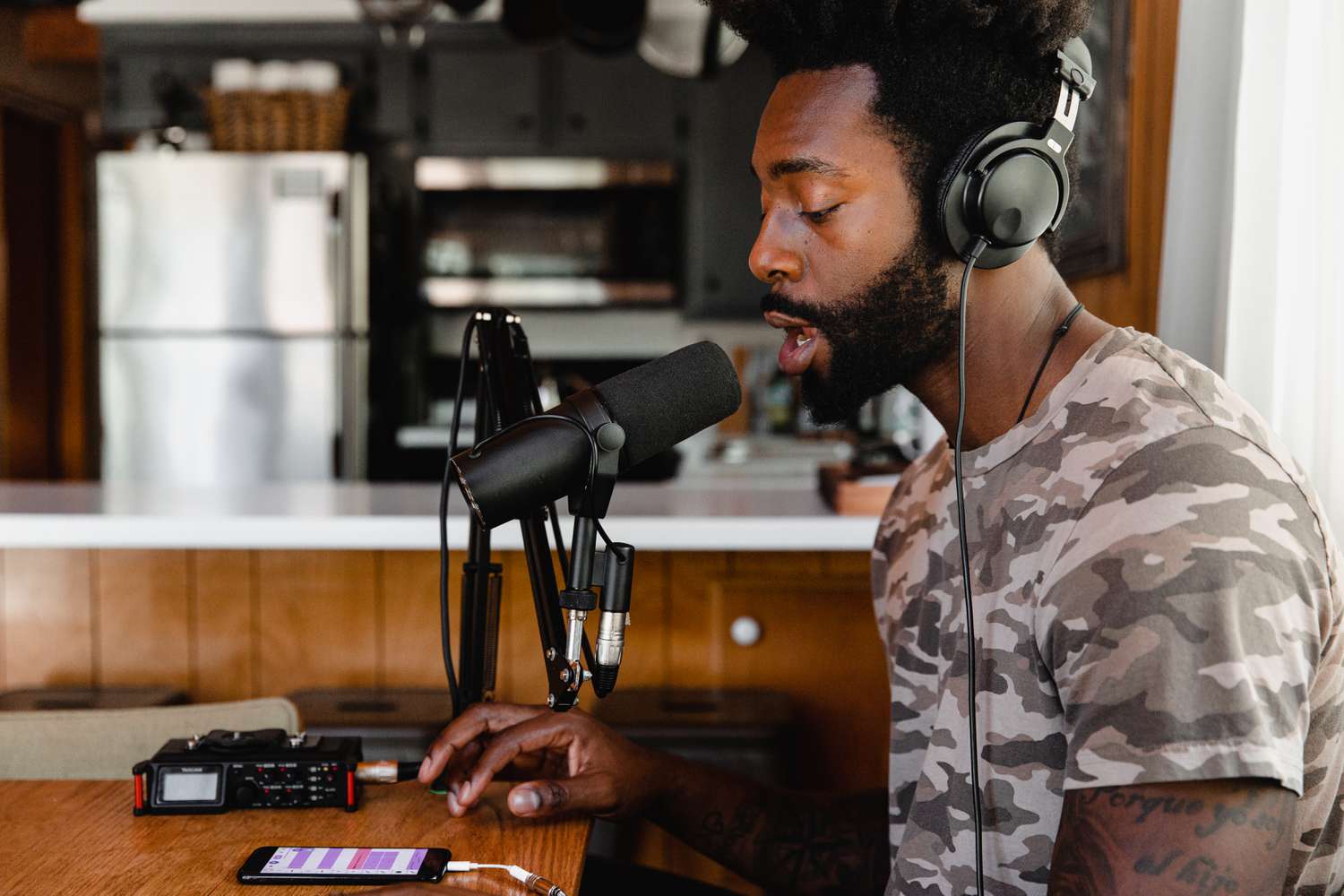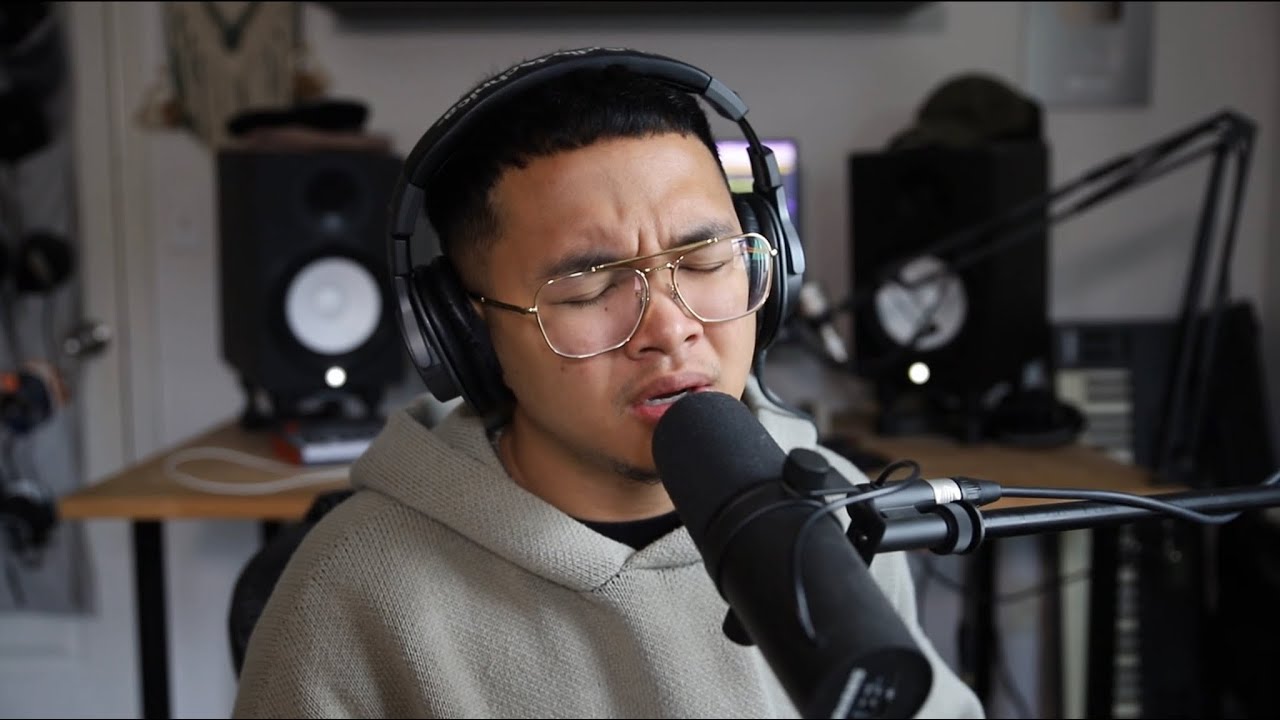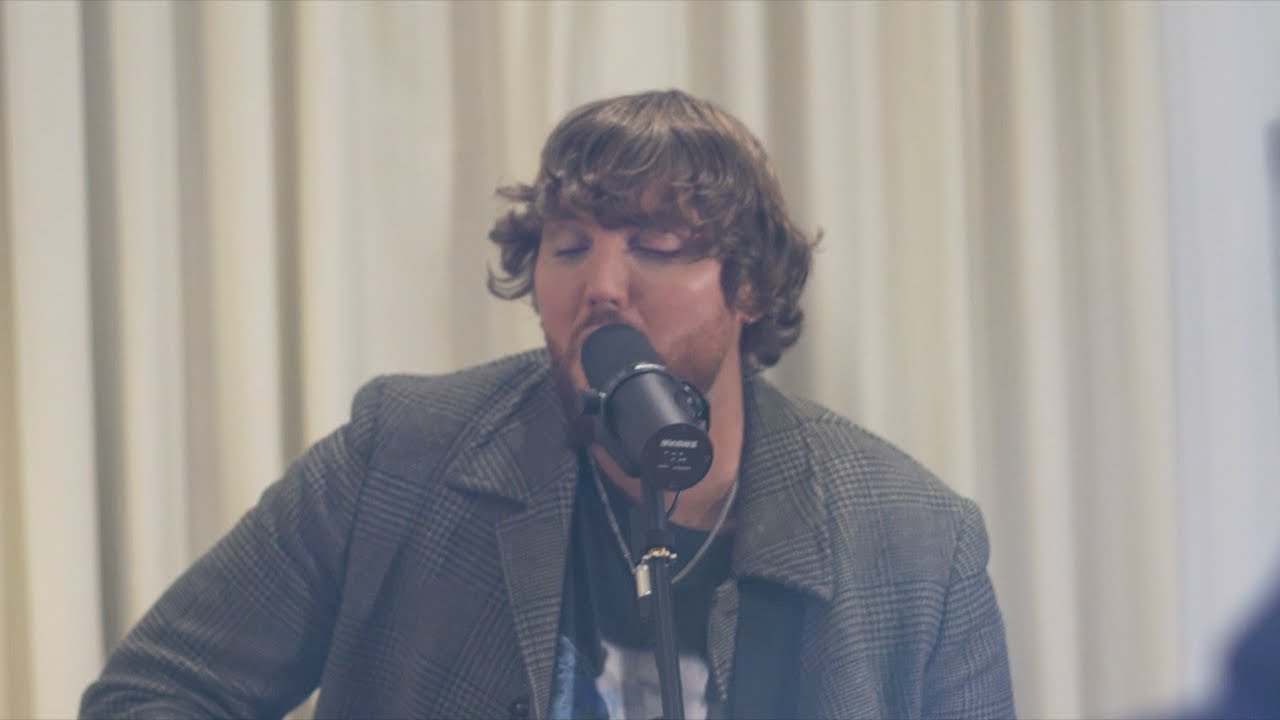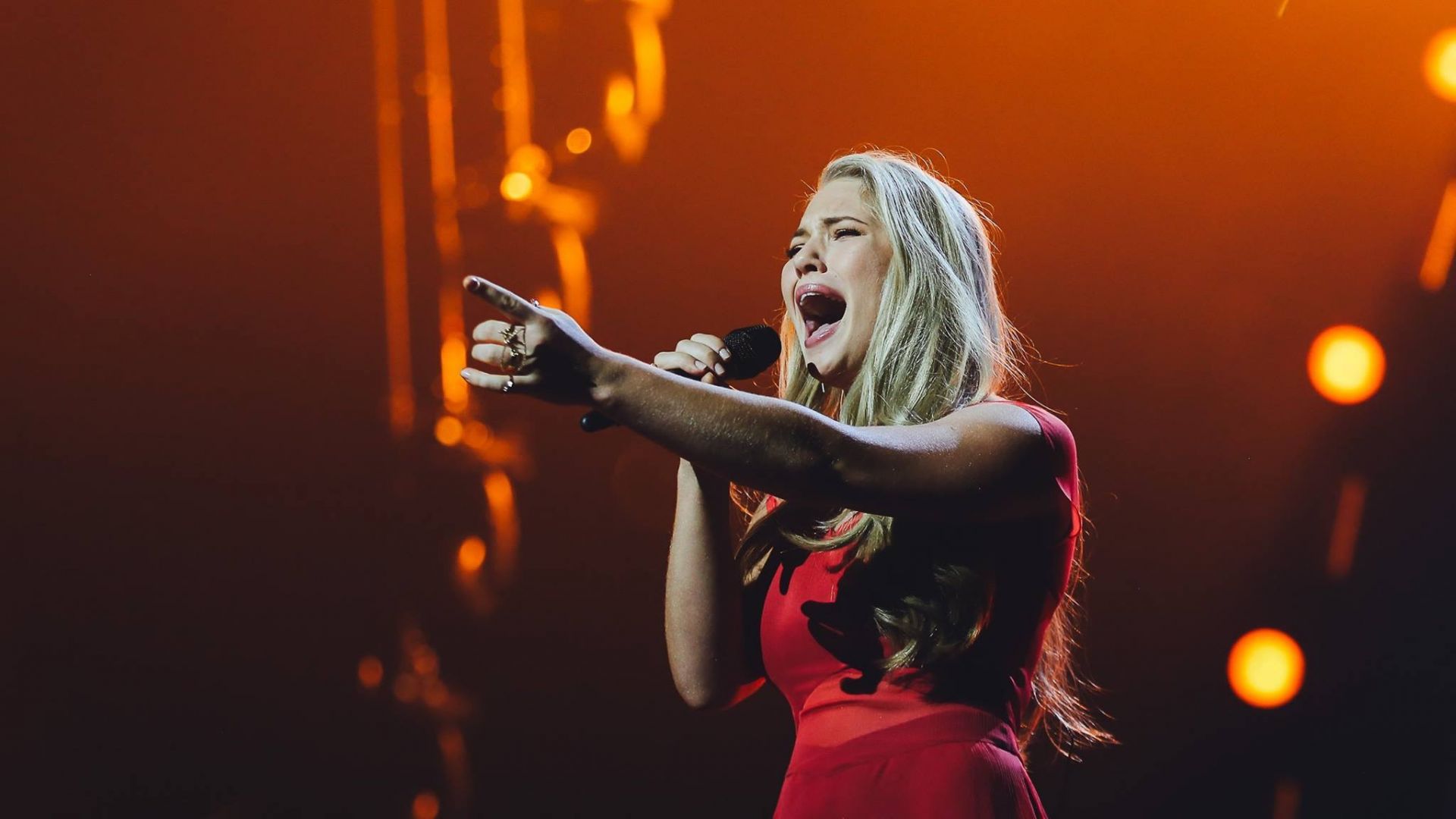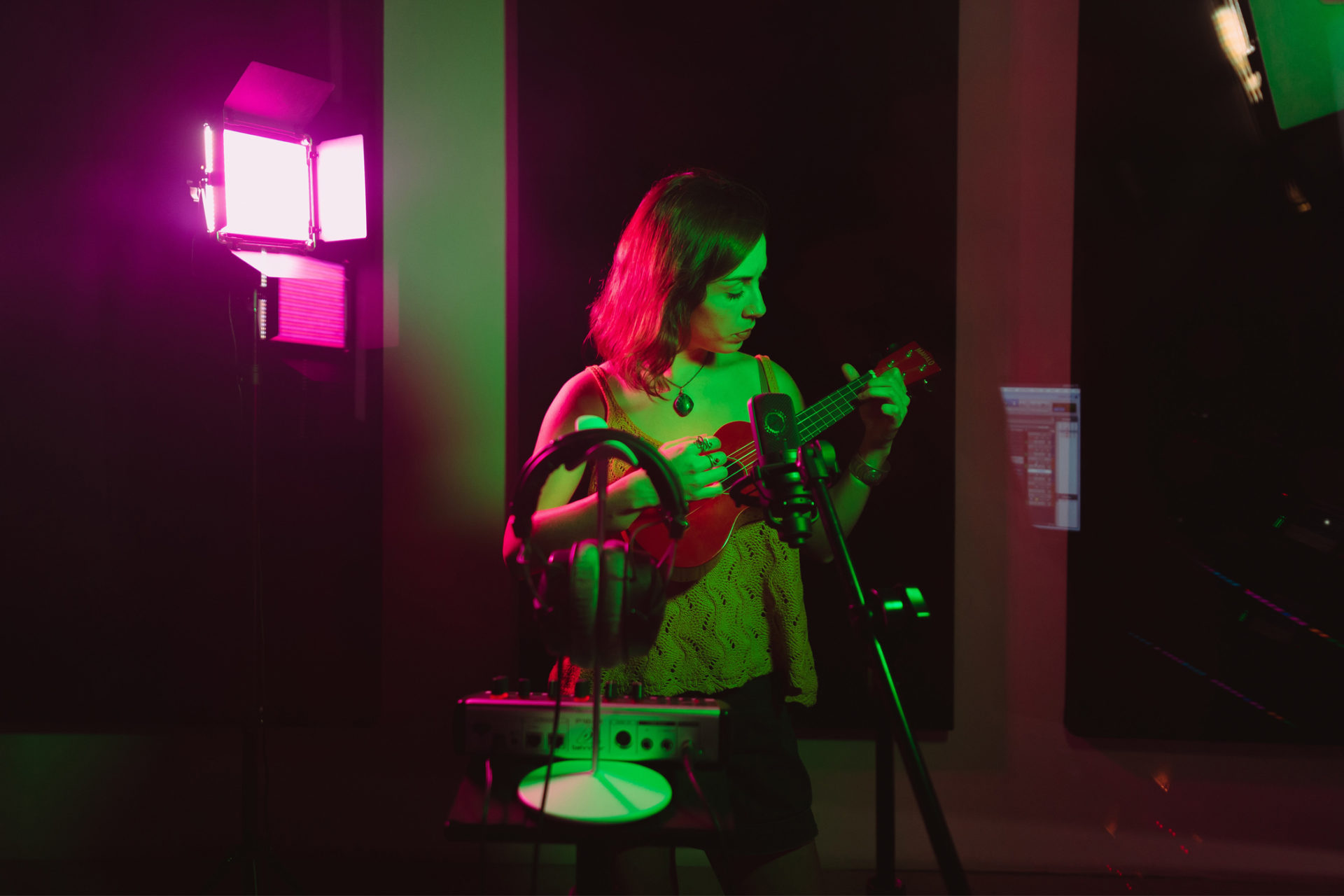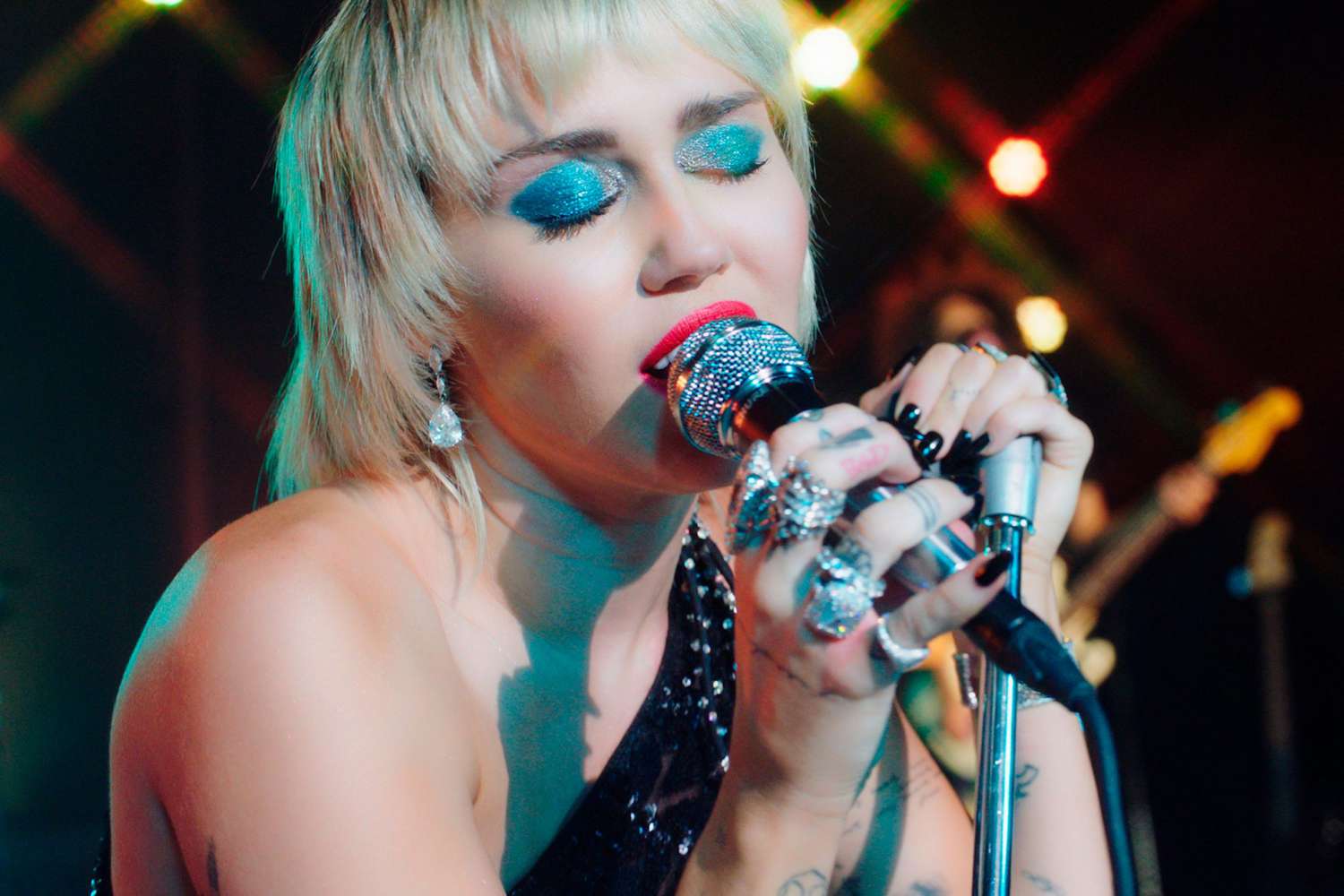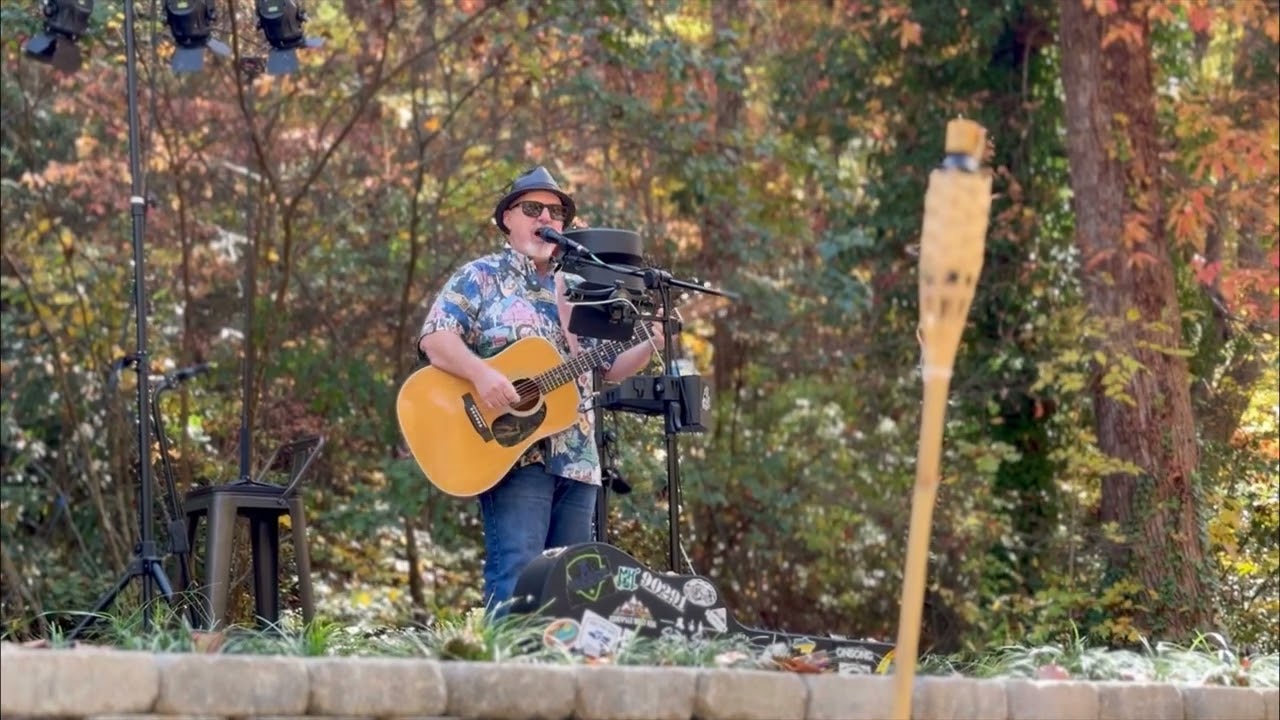Home>Production & Technology>Cover Song>Why Should An Artist Seek Legal Advice Before Uploading A Cover Song
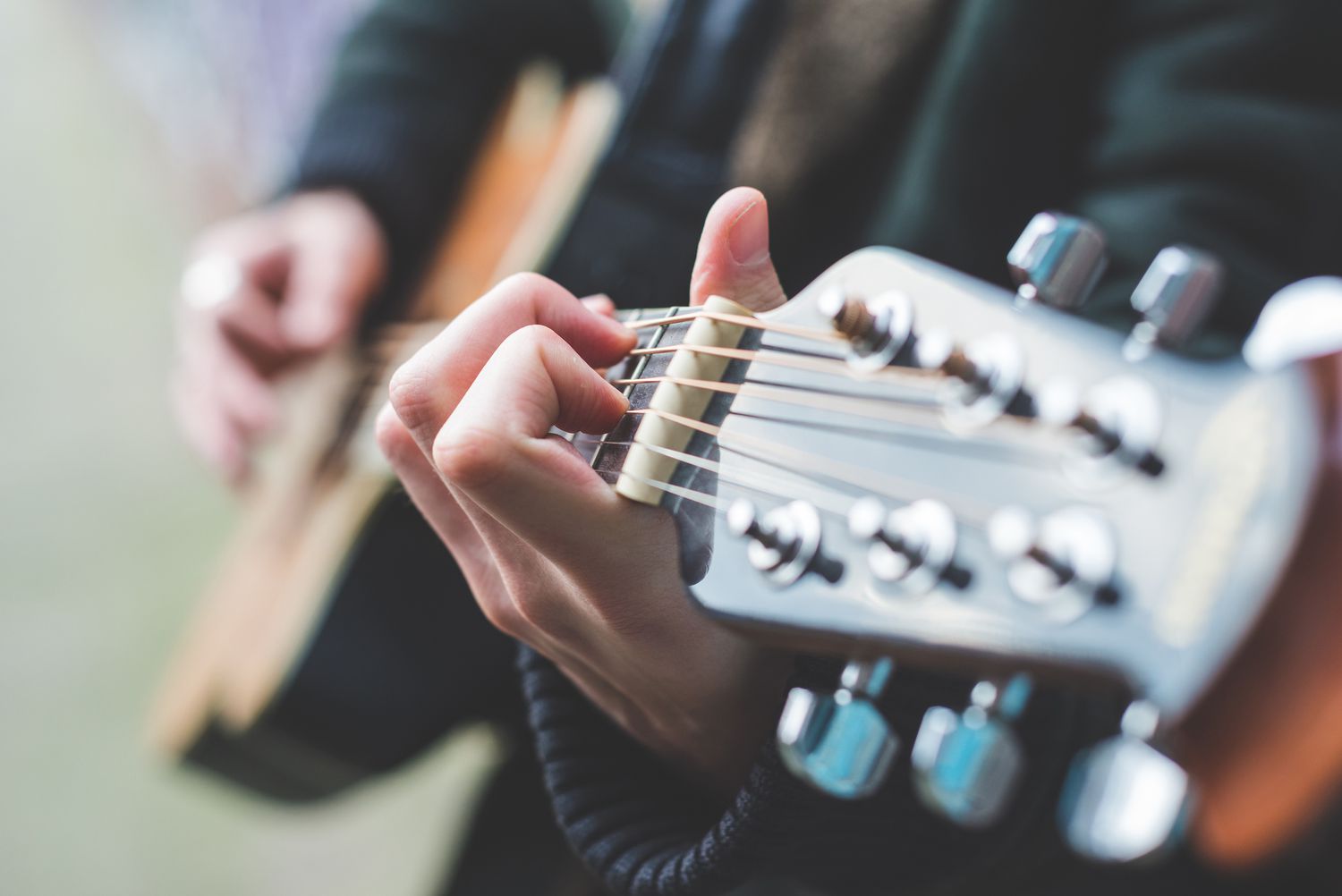

Cover Song
Why Should An Artist Seek Legal Advice Before Uploading A Cover Song
Modified: January 22, 2024
Discover why artists should always seek legal advice before uploading a cover song for their protection and to avoid copyright issues. Trust the experts to guide you through the process.
(Many of the links in this article redirect to a specific reviewed product. Your purchase of these products through affiliate links helps to generate commission for AudioLover.com, at no extra cost. Learn more)
Table of Contents
Introduction
Cover songs have become a popular way for artists to pay tribute to their musical influences, gain exposure, and connect with their audience. From YouTube covers to streaming platforms, musicians have reimagined and performed songs originally written and recorded by others. While covering a song can be an exciting creative endeavor, it is crucial for artists to navigate the realm of copyright law.
Understanding the legal implications of uploading a cover song is paramount to avoid potential legal disputes, copyright infringement claims, and financial liabilities. Seeking legal advice before releasing a cover song can provide artists with the necessary guidance to protect their rights and artistic endeavors.
In this article, we will explore the importance of seeking legal advice before uploading a cover song. From understanding copyright law to securing proper licensing and ensuring proper royalty payments, we will delve into the key considerations for artists looking to cover and release songs originally written by others.
So, whether you are a budding artist looking to showcase your talents or an established musician exploring new creative avenues, read on to discover why seeking legal advice is a crucial step in the cover song process.
Understanding Copyright Law
Copyright law grants exclusive rights to the original creators of artistic works, including music. It gives them the authority to control the reproduction, distribution, and performance of their creations. This means that covering someone else’s song without permission could potentially infringe upon their copyright.
However, there are some exceptions to copyright law that allow artists to cover songs legally under certain circumstances. One such exception is the concept of “fair use.” Fair use allows artists to use copyrighted material without seeking permission from the original creator if the use is for purposes such as criticism, commentary, or educational purposes.
It’s important to note that the concept of fair use can be subjective and may vary depending on factors such as the length of the cover, the purpose of the cover, and the effect it may have on the market for the original song. Therefore, it is advisable for artists to seek legal advice to determine whether their cover song falls within the boundaries of fair use.
In addition to fair use, artists may also rely on compulsory licenses to legally cover songs. Compulsory licenses are granted by music licensing organizations and allow artists to cover copyrighted songs after paying mandatory fees. These fees ensure that the original creator receives appropriate compensation for the use of their work.
By understanding copyright law and its exceptions, artists can make informed decisions about covering songs and minimize the risk of copyright infringement. Seeking legal advice can provide clarity on the specific legal requirements and options available for covering a particular song.
Permissible Use of Cover Songs
When it comes to covering a song, the permissible use depends on various factors, including the intended platform of release and the purpose behind the cover. Let’s explore some of the common scenarios where cover songs can be used legally:
- Live Performances: Artists often perform cover songs during live shows, whether it’s a solo acoustic performance or a full-band concert. Live performances of cover songs typically fall within the realm of fair use, as they are considered transformative and offer a unique interpretation of the original work. However, it’s essential to ensure that the venue has the necessary licenses for public performances of copyrighted material.
- Private Recordings and Non-Commercial Use: Artists may record cover songs for private enjoyment or personal use, such as sharing them among friends or family. As long as these recordings are kept within a private circle and not used for commercial purposes, they are generally considered permissible under fair use.
- YouTube and Social Media: Many artists upload cover songs to platforms like YouTube, Instagram, or Facebook to share their talents and gain exposure. While cover songs on YouTube are prevalent, it’s important to navigate the platform’s specific policies and guidelines. Some platforms may have agreements with music publishers and allow artists to cover certain songs without obtaining explicit permission.
- Streaming Services and Digital Distribution: If an artist intends to release a cover song on streaming services like Spotify or Apple Music or distribute it digitally via platforms like iTunes or Bandcamp, they will typically need licensing permissions. These platforms require artists to secure mechanical licenses, which can be obtained through organizations like Harry Fox Agency. Mechanical licenses ensure that the original songwriters are compensated for the reproduction and distribution of their works.
It’s important to note that the rules and regulations surrounding cover songs can vary by country. What may be permissible in one jurisdiction may not be allowed in another. It’s therefore essential for artists to consult legal experts who specialize in copyright law to navigate these complexities and ensure compliance with the relevant regulations.
Securing Proper Licensing
When planning to release a cover song, it’s crucial to secure proper licensing to ensure that all legal requirements are met. Here are some key licenses artists need to consider:
- Mechanical License: A mechanical license is necessary when releasing a recording of a cover song for distribution or streaming purposes. It grants permission to reproduce and distribute the musical composition. Mechanical licenses can be obtained either directly from the original song publisher or through a mechanical rights organization like the Harry Fox Agency. Paying the appropriate mechanical royalty rates ensures that the original songwriters receive their fair share of compensation.
- Sync License: If an artist wants to use a cover song in a visual medium, such as a music video or film, they will need to secure a sync license. A sync license grants permission to synchronize the cover song with the visual element. Artists typically need to negotiate directly with the copyright holder or seek assistance from a sync licensing agency to obtain such licenses.
- Public Performance License: If an artist plans to publicly perform a cover song, whether live or recorded, they will need to ensure that the venue where the performance takes place holds the necessary public performance license. Performance rights organizations such as ASCAP, BMI, and SESAC can provide the required licenses and ensure that the original songwriters are compensated for their work.
- Sampling Clearance: If an artist intends to incorporate elements of a cover song into their original composition, they may need to obtain sampling clearance. Sampling refers to the process of taking a portion of a pre-existing recording and using it in a new composition. Clearing samples usually involves negotiating with the copyright holders of both the original song and the specific recording being sampled.
Securing these licenses not only ensures legal compliance but also demonstrates respect for the original songwriters and their creative rights. It’s important to note that licensing requirements may vary depending on the specific song and jurisdiction. Consulting with legal experts who specialize in music copyright can help artists navigate the licensing process and avoid potential legal complications.
Avoiding Copyright Infringement Claims
One of the most significant risks that artists face when uploading a cover song is the possibility of copyright infringement claims. To avoid such claims and the legal consequences that come with them, artists must take certain precautions:
- Obtain Proper Licensing: As mentioned earlier, securing the necessary licenses, such as mechanical licenses, sync licenses, and public performance licenses, is crucial to ensure that you have the legal right to use and distribute the cover song. Failing to obtain proper licensing increases the likelihood of copyright infringement claims.
- Credit the Original Songwriters: When releasing a cover song, it’s essential to give credit to the original songwriters. This includes mentioning their names in the song credits, video descriptions, or any other relevant documentation associated with the cover. Crediting the original songwriters acknowledges their creative contribution and reduces the risk of copyright disputes.
- Stick to the Arrangement: When covering a song, it’s important to stay true to the original arrangement and composition. Modifying the song significantly or altering its lyrics without permission can raise copyright infringement issues. It’s advisable to consult legal experts to ensure that your interpretation of the cover song falls within fair use or other permissible boundaries.
- Monitor Content ID Matches: On platforms like YouTube, content matching algorithms, known as Content ID, scan uploaded videos to identify copyrighted material. Artists should continuously monitor their covers for any Content ID matches and address them promptly. This may involve providing proper licensing documentation, disputing incorrect claims, or seeking legal assistance if necessary.
- Educate Yourself: Familiarize yourself with copyright law and keep up-to-date with any changes or developments. Understanding your rights and responsibilities as an artist will not only help you avoid copyright infringement but also protect you from unknowingly violating the rights of others. Consider attending workshops, webinars, or consulting with legal professionals to stay informed about copyright best practices.
By taking these precautions and demonstrating diligence in respecting copyright laws, artists can minimize the risk of copyright infringement claims and focus on sharing their creative work with confidence.
Ensuring Proper Royalty Payments
When releasing a cover song, it’s essential to ensure that proper royalty payments are made to the original songwriters and copyright holders. Here are some key considerations to ensure that artists fulfill their financial obligations:
- Mechanical Royalties: Mechanical royalties are the fees artists pay to the original songwriters for the reproduction and distribution of their compositions. The amount of mechanical royalties owed varies depending on factors such as the length of the cover song and the number of copies produced or streams generated. Artists can obtain mechanical licenses from the original song publisher or through a mechanical rights organization like the Harry Fox Agency, which helps facilitate the payment of mechanical royalties.
- Performance Royalties: Performance royalties are royalties paid for the public performance of a cover song. Performance rights organizations (PROs) such as ASCAP, BMI, and SESAC collect these royalties on behalf of the original songwriters and ensure that they are fairly compensated. Artists should register their cover songs with the appropriate PRO and ensure that venues obtain the necessary public performance licenses.
- Digital Streaming Royalties: With the rise of streaming platforms, it’s crucial for artists to understand the various royalty payment structures. Artists receive royalties for each stream of their cover songs on platforms such as Spotify or Apple Music. These royalties are typically collected and distributed through organizations like SoundExchange. Artists should ensure that their cover songs are properly registered with these organizations to receive their fair share of streaming royalties.
- Collaborator Royalties: If an artist collaborates with other musicians or producers on their cover song, it’s important to establish clear agreements regarding royalty shares. This ensures that all contributors receive their rightful share of the earnings generated from the cover song.
It’s vital for artists to track the usage and revenue generated by their cover songs to ensure proper royalty payments. Utilizing music distribution platforms and royalty tracking services can help artists efficiently monitor and collect their earnings from cover song performances and digital streams.
By adhering to these royalty payment practices, artists demonstrate professionalism, respect for the original songwriters, and protect their own financial interests.
Protecting Your Artistic Reputation
In addition to the legal and financial considerations of uploading a cover song, artists must also prioritize the protection of their artistic reputation. Here are some key steps to safeguard your reputation:
- Deliver Quality Performances: As an artist covering someone else’s song, it’s essential to deliver high-quality performances that showcase your unique interpretation and musical abilities. Take the time to rehearse, refine, and perfect your cover song rendition to ensure that it represents your artistic vision and expertise.
- Show Respect for the Original Artists: When performing a cover song, it’s crucial to recognize and respect the original artist’s impact and contribution. Be transparent about your influences and give credit to the original artist whenever possible. Cultivating a respectful and appreciative attitude towards the original artists can help foster positive relationships within the music community and protect your artistic reputation.
- Engage with Your Audience: Use the opportunity to cover a popular or beloved song to engage with your audience and build a connection. Respond to comments and feedback, and show appreciation for the support and enthusiasm. Interacting with your audience authentically can help strengthen your reputation as a passionate and dedicated artist.
- Be Mindful of Online Etiquette: When sharing your cover song online, be mindful of online etiquette and copyright laws. Avoid engaging in negative or confrontational discussions around copyright issues. Instead, focus on promoting your own creative spin and fostering a positive online presence through thoughtful engagement and collaboration.
- Consider Collaborations: Collaborating with other artists for cover songs can enhance your artistic reputation and expand your reach. Partnering with musicians who share your musical vision and complement your style can lead to exciting collaborations that showcase your talent and broaden your audience.
- Continuously Innovate: While covering popular songs can be a great way to gain exposure, it’s also essential to continuously innovate and create original music. Use the experience of covering songs as a stepping stone to develop your unique sound and style. Originality and creativity are key components of building a strong artistic reputation.
By focusing on delivering quality performances, showing respect to the original artists, engaging with your audience, and maintaining a positive online presence, you can protect and enhance your artistic reputation as an artist who respects and values the work of others while showcasing your own unique talent.
Conclusion
Cover songs hold a special place in the music industry, allowing artists to pay homage to their influences, connect with their audience, and showcase their talent. However, navigating the legal landscape surrounding cover songs is essential to protect both the artistic integrity and financial interests of artists.
By seeking legal advice before uploading a cover song, artists can ensure that they are in compliance with copyright law and obtain the necessary licenses for their releases. Understanding the different types of licenses, such as mechanical, sync, and performance licenses, is crucial to avoid copyright infringement claims and to ensure that proper royalty payments are made to the original songwriters.
Protecting your artistic reputation goes hand in hand with legal compliance. Delivering high-quality performances, respecting the original artists, engaging with your audience, and continuously innovating can strengthen your reputation as an artist. Being mindful of online etiquette and promoting a positive online presence further contributes to your reputation within the music community.
In conclusion, seeking legal advice, obtaining proper licenses, and respecting the rights of original songwriters are vital steps to take before releasing a cover song. By doing so, artists can confidently share their creative interpretations, connect with their audience, and pave the way for a successful musical career.

